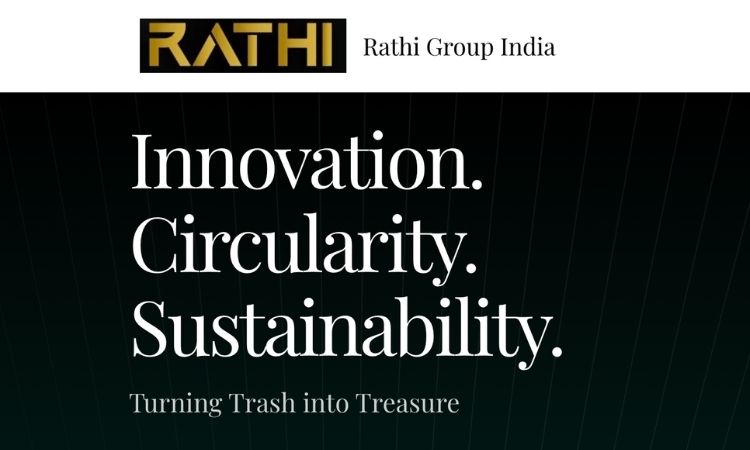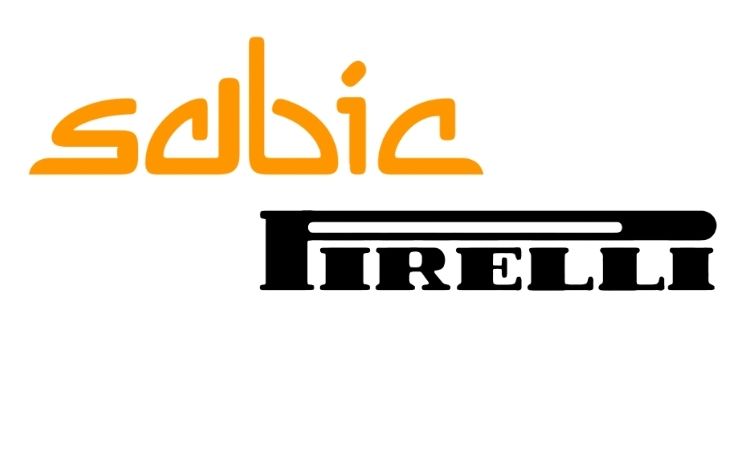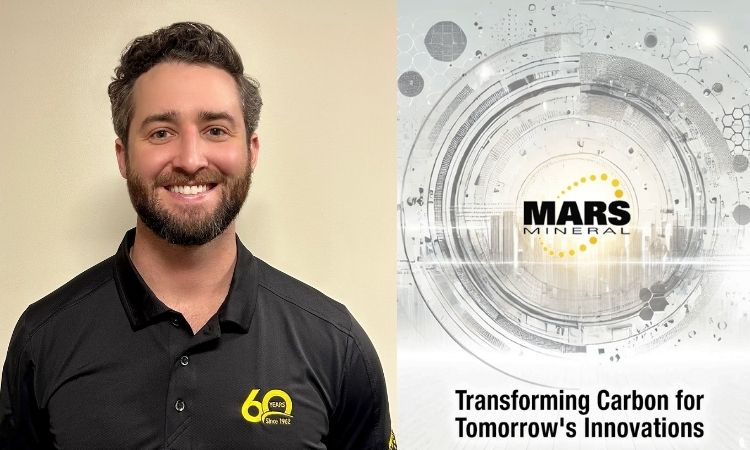Trelleborg to utilize Enviro’s recovered carbon black in rubber compounds
Scandinavian Enviro Systems (Enviro) reports that its Recovered carbon black will be introduced in a customer-specific rubber compound supplied by Trelleborg Mixing Forsheda. According to Enviro, the introduction means that its recovered carbon black takes a step into a new segment and is the result of successful production tests and a long-term collaboration between the parties. Volumes and dates for future deliveries remain to be determined.
Trelleborg Mixing Forsheda manufactures rubber compounds for various companies in the rubber industry and intends to completely replace virgin carbon black with recovered carbon black from Enviro in one of its customer-specific rubber compounds.
“A transition to recovered carbon black gives the rubber mixture the same or better performance than when virgin carbon black is used, this is in line with Trelleborg's established goals of reducing emissions of CO2 (GWP) from both the company's processes and products”, says Carl Cumming, Material development manager at Trelleborg Mixing Forsheda AB, and continues:
“This is just one of several measures launched within Trelleborg to reduce negative climate impact and be at the forefront of introducing recovered and sustainable raw materials in the rubber industry.”
Enviro says that recovered carbon black has, in light of the increasing topicality of climate and environmental issues, been used in more and more applications in the rubber industry and Enviro's recovered carbon black has previously been introduced as a replacement for virgin carbon black in applications such as seals, gaskets, plugs and solid tires.
Enviro has also delivered recovered carbon black to Trelleborg Lanka for use in the manufacturing of solid tires. The company reports that both Trelleborg Lanka and Trelleborg Mixing Forsheda are part of the industrial group Trelleborg, which is one of the world's largest producers of industrial rubber. The fact that Trelleborg Mixing Forsheda introduces Enviro's recovered carbon black, rCB, in a new application in the rubber industry means that Enviro's rCB is now being used in a completely new market segment for the company.
“Replacing fossil virgin carbon black with recovered carbon black results in greatly reduced CO2 emissions (GWP), almost 2,000 kilos of CO2 per ton of recovered carbon black, which is an important goal for the rubber industry. We have long worked with Trelleborg Mixing Forsheda to introduce Enviro's rCB and it is very satisfying that our recovered carbon black can now be introduced in additional segments,” says Fredrik Olofsson, Sales manager at Enviro.
Enviro has developed one of the world-leading technologies for recovering resources from end-of-life tires, which means that strategic and finite resources such as oil, steel and carbon black can be recovered. By using recovered carbon black instead of virgin carbon black in the production of new tires and rubber components, emissions of climate-affecting carbon dioxide can be greatly reduced, while the recovery of other constituent resources means further reduced environmental impact. According to a life cycle analysis, LCA, conducted by IVL Swedish Environmental Research Institute, the use of recovered carbon black can lead to between 79 and 84 percent lower emissions of the greenhouse gas carbon dioxide compared to production and use of virgin carbon black.
Press release by Enviro.
Weibold is an international consulting company specializing exclusively in end-of-life tire recycling and pyrolysis. Since 1999, we have helped companies grow and build profitable businesses.









